

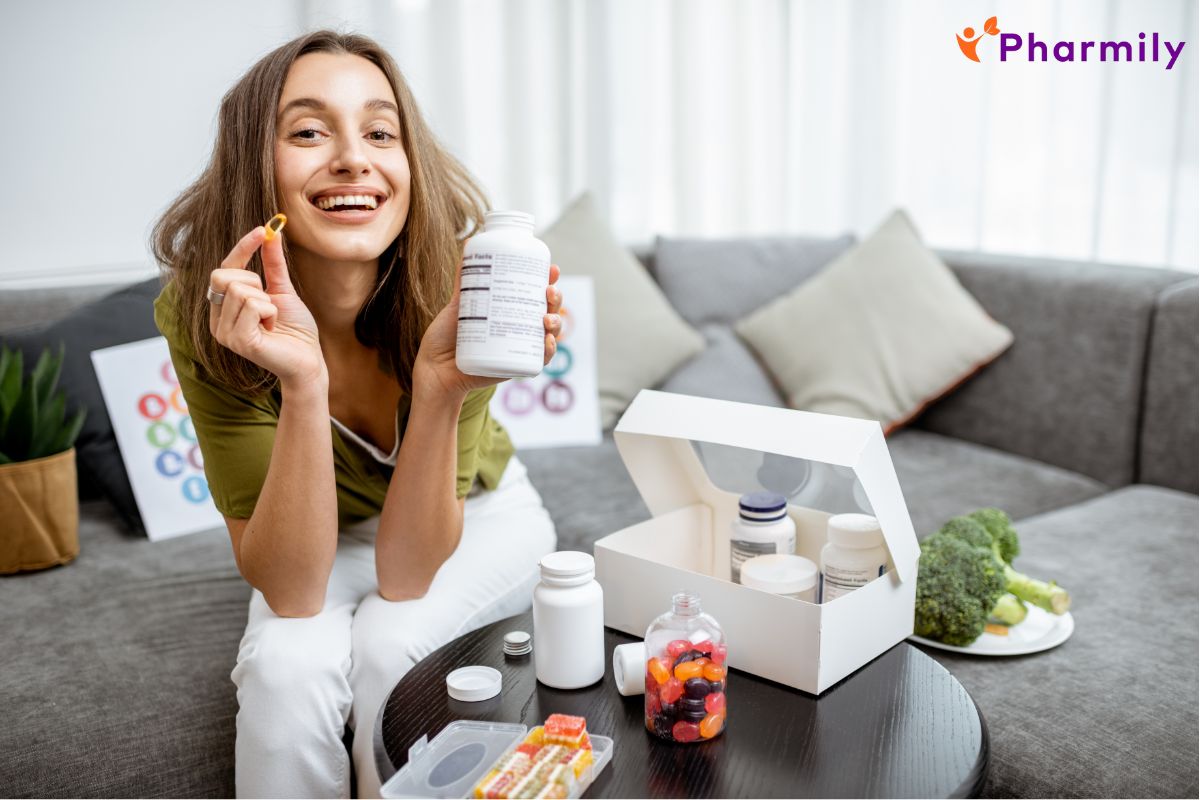
Date: 29 Sep 2025
Women’s health is a journey that involves many stages—from preparing for pregnancy to breastfeeding and navigating monthly menstrual cycles. Each stage comes with its own nutritional demands, and while food is always the best source of nutrients, sometimes it simply isn’t enough.
In Kenya today, more women are turning to supplements and natural remedies to stay healthy, strong, and energized. But with so many products and brands available, many women are left wondering:
This guide is written to help you confidently choose the best supplements and natural solutions for your health, whether you’re pregnant, breastfeeding, or just seeking better well-being.
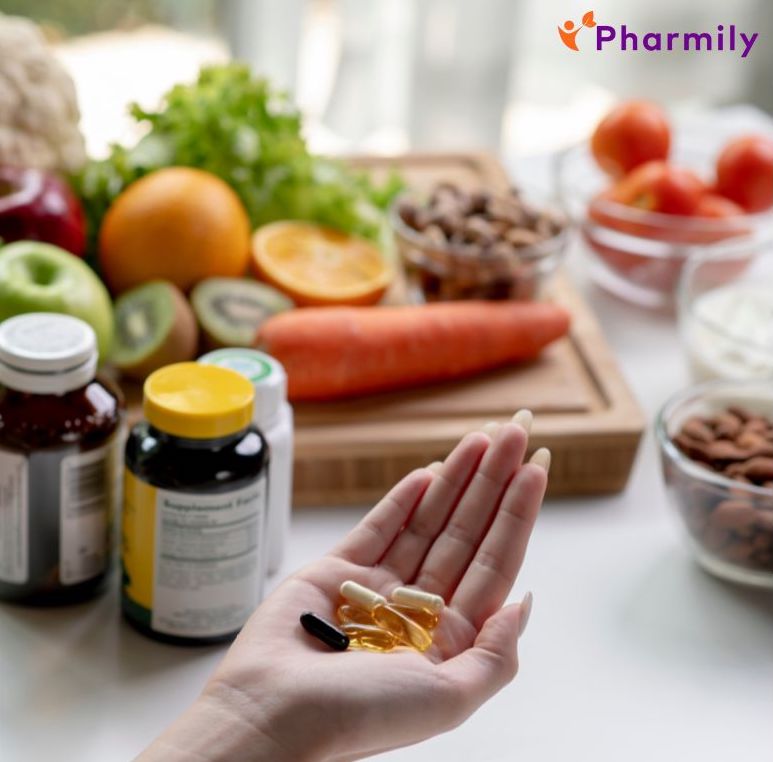
Breastfeeding is an incredible gift to a newborn. Breast milk is packed with nutrients and antibodies that build a baby’s immunity and brain development. However, producing breast milk is physically demanding and can deplete the mother’s body of important nutrients.
Many breastfeeding mothers in Kenya report feeling tired, weak, or even dizzy—especially in the first few weeks after birth. This is where supplements come in to help restore the body’s strength and improve milk quality.
Iron is essential after childbirth, especially if you lost a lot of blood during delivery. It helps to prevent anemia, which causes fatigue and weakness.
Calcium is critical because the baby’s body draws calcium from the mother. If your calcium intake is too low, your bones may weaken over time.
Omega-3 fatty acids, especially DHA and EPA, support your baby’s brain and eye development. They also reduce inflammation and support your mental health.
Vitamin B-complex helps fight fatigue and supports your nervous system, which is under pressure during the postpartum period.
Many Kenyan mothers also turn to herbal options like fenugreek, which is known to naturally boost milk supply. Although results vary, many women find it helpful when combined with a good diet and hydration.
Quick Tip for Moms: Drink at least 2-3 litres of clean water daily, eat balanced meals (including vegetables, proteins, and healthy fats), and rest whenever you can. Supplements are more effective when combined with good daily habits.
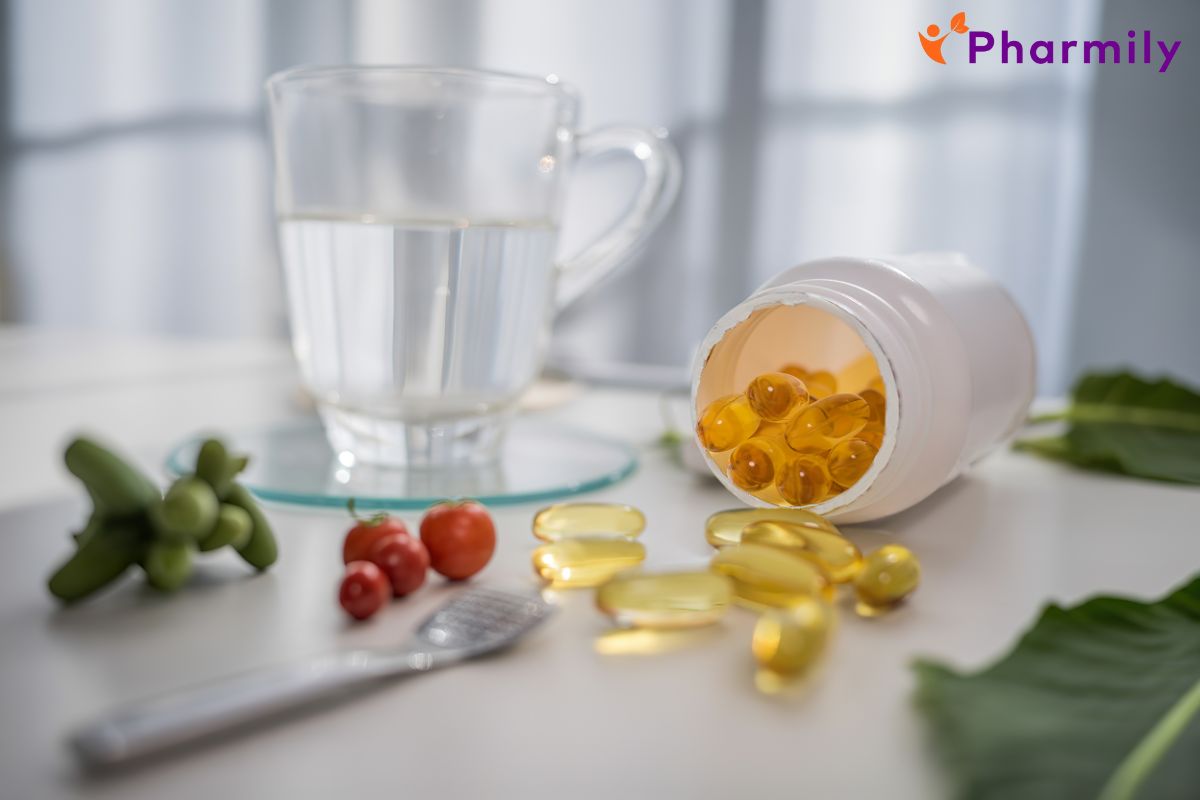
Pregnancy puts extra pressure on the body as it supports both the mother and the growing baby. This means the need for nutrients like iron, folic acid, calcium, and omega-3s increases significantly.
Although many Kenyan mothers eat a variety of healthy foods, in most cases, it’s not enough to meet pregnancy demands. That’s why prenatal supplements are strongly recommended.
Start with folic acid, ideally before you even conceive. It helps prevent neural tube defects that affect the baby’s brain and spine.
Pregnancy Tip: Take your prenatal vitamins daily, preferably with meals to avoid nausea. Start as early as possible—don’t wait for the second trimester.
Many affordable Kenyan brands now provide prenatal supplements that are just as effective as expensive imported versions. Always look for options approved by the Pharmacy and Poisons Board (PPB) of Kenya.
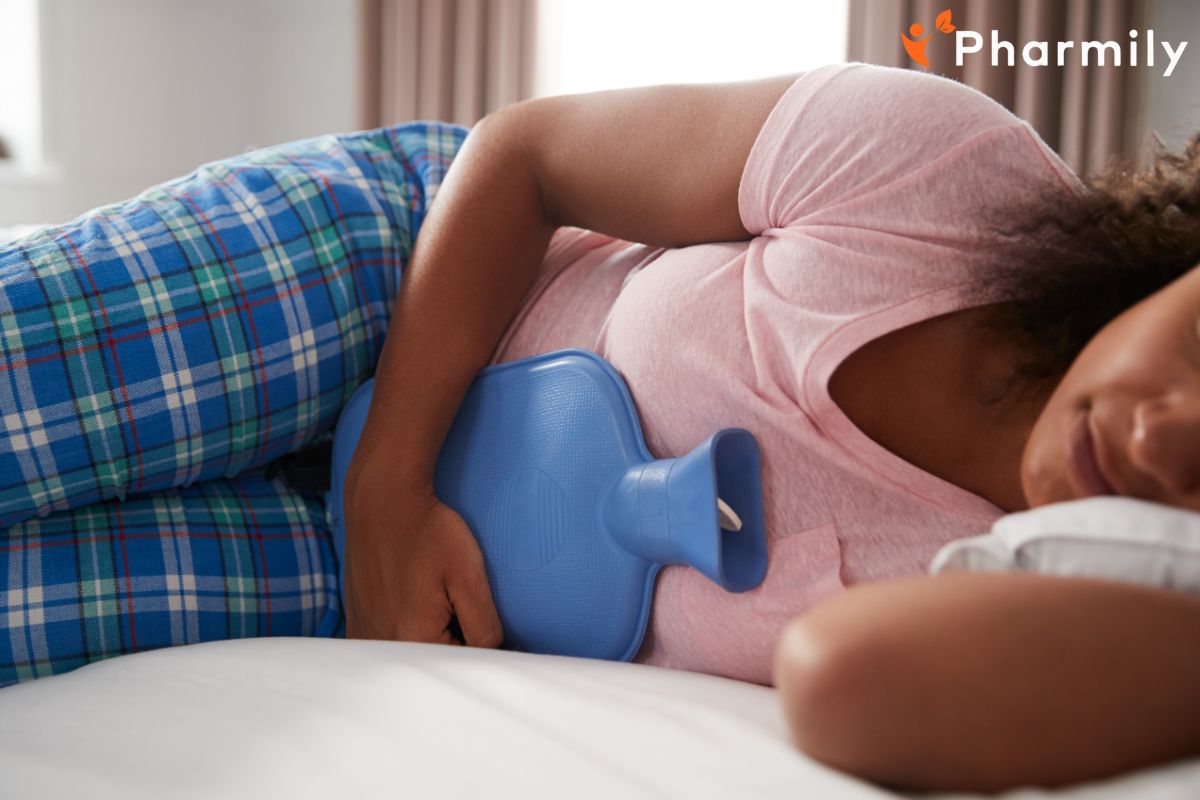
For many Kenyan women, monthly periods come with cramping, fatigue, back pain, and bloating. While painkillers are common, frequent use can have side effects. Fortunately, natural remedies are safe, gentle, and can offer lasting relief.
Omega-3 supplements, when taken regularly, can decrease inflammation and reduce the severity of cramps over time.
Young Women’s Tip: Use a calendar or period tracking app to monitor your cycle. When you know your period is coming, start using natural remedies a day or two in advance for better relief.
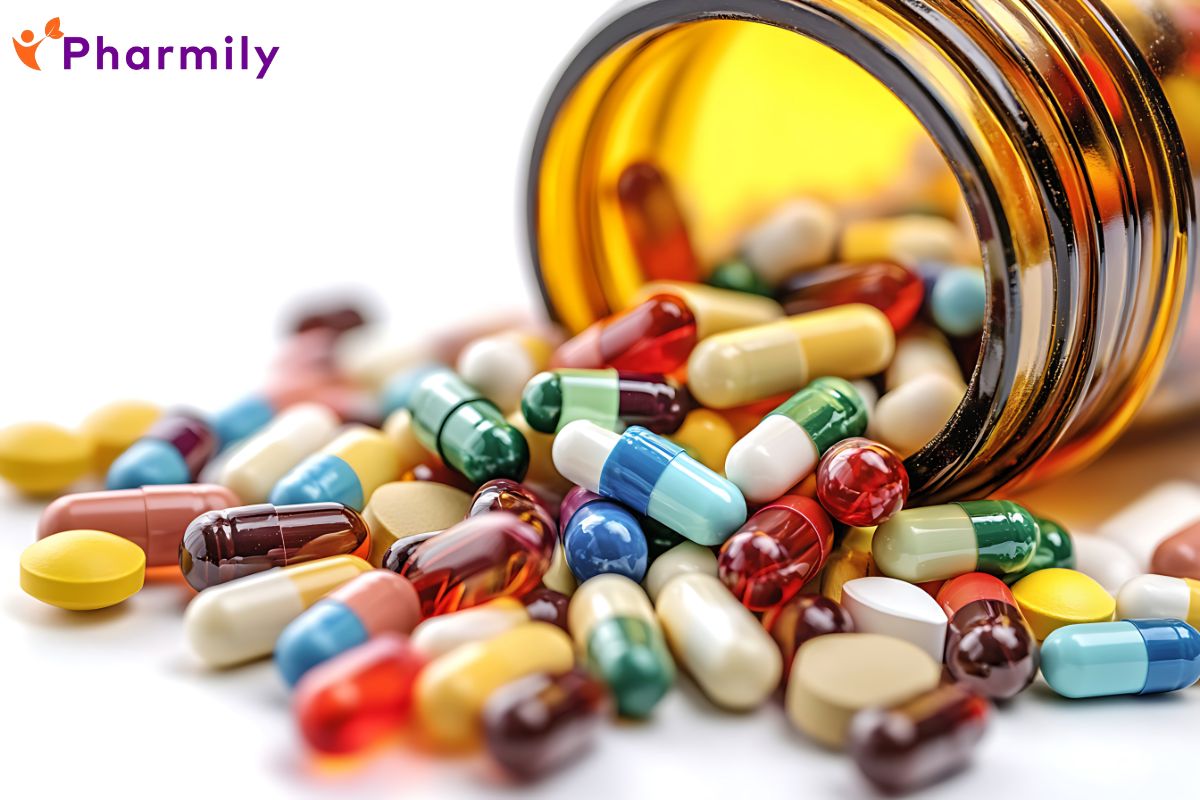
While supplements are helpful, they must be used safely and responsibly. Taking too much or combining the wrong types can cause serious health issues.
Important Reminder: Pregnant women should avoid high doses of vitamin A, as it can be harmful to the baby. Always read labels carefully.
One of the biggest risks to women’s health in Kenya is the growing number of counterfeit and expired supplements being sold in local shops and online. These can be ineffective—or even dangerous.
Smart Shopper Tip: Ask your pharmacist or doctor to recommend specific brands that are approved for use in Kenya. In cities like Nairobi, Mombasa, Eldoret, and Kisumu, you’ll find reliable outlets at major hospitals and reputable chemists.
Q. Do I really need supplements if I eat a balanced diet?
Sometimes yes. While food should be your main source of nutrients, pregnancy, breastfeeding, or menstrual stress can increase your needs beyond what food provides.
Q. Can supplements increase breast milk supply?
Certain herbs like fenugreek may help, but results vary from person to person. Eating well, drinking water, and resting are just as important.
Q. When should I start taking prenatal vitamins?
Start before conception if possible. If you’re already pregnant, begin immediately—especially for folic acid and iron.
Q. Are natural remedies enough for period pain?
For many women, yes. Regular use of teas, heat, and omega-3s can reduce discomfort. But mild painkillers may still be helpful when pain is intense.